My brother Alex, my son Jonah, and I went to a conference in Switzerland. We saw this as an opportunity to turn the bookends of the trip into a small European vacation.
We flew to Malaga, located in the south of Spain, rented a car, and drove to Granada, which was about 60 miles away. We only had two days for Spain. We spent a full day in Granada, which we packed with two walking tours including tours of the city and the Alhambra (which means “red castle” in Arabic) and surrounding gardens.
Spain was governed by Muslims for centuries, and even though they were expelled from Spain six hundred years ago, Muslim influence is still evident in the architecture of southern Spain. In fact, Spanish architecture is very different from that in the rest of Europe.
Malaga was the birthplace of Pablo Picasso. I am not a big fan of Picasso; I simply don’t understand him. Malaga has a small museum dedicated to its famous son, with a few of his paintings. A painting he created when he was 14 years old shocked me; it looked nothing like the Picasso that the world knows. This is the Picasso that I could actually like. However, I get the feeling that if he had continued to paint in this realistic style, the world would not know who Picasso was.
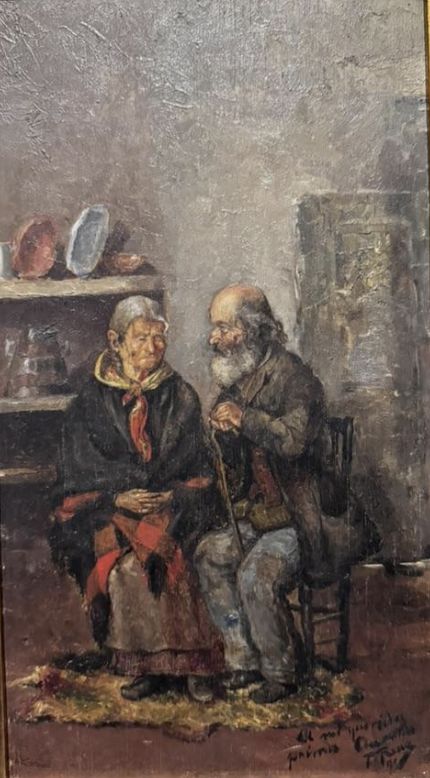
After our two days in Spain, we flew to Zurich and spent an evening there, where we had dinner with IMA clients.
The next morning we took a train to Klosters, a small Swiss village located on the other side of Davos, which hosts the World Economic Forum. This is where world leaders and big shot CEOs come to virtue signal their desire to make the world a better and greener place, coming and going on their personal Boeings and Gulfstreams.
The Davos we visited was empty and recovering from an enormous hangover from the previous week’s World Economic Forum. A waiter at the restaurant told us that during that week he had worked over 100 hours in six days. The city was completely overrun by the global elite. He told us that a table at a local coffee shop could be rented out for $1,500 per hour – an example of limited supply and insatiable, price-insensitive demand.
We spent the next three nights in Klosters attending the VALUEx Klosters conference organized by my friend Guy Spier. I first attended this conference in 2011, took a few years off, and have not missed a year since 2019. I love participating in this event. It is mostly dominated by European investors, allowing me to meet people whom I wouldn’t normally encounter in my daily life. I have made many friends over the years. The conversations we start continue during walks in nature, surrounded by the breathtaking Alps, or at a restaurant or bar late at night.
Side note: I created VALUEx Vail six months after I attended Guy’s event in 2011. I made some slight modifications to fit my personality. But similar to Klosters, our conference is a not-for-profit-but-for-learning event. By the way, the next VALUEx Vail will be held on June 19-21. You can apply here.
After the conference, we rented a car without a clear destination in mind. I have friends who plan their trips meticulously; they know what they are doing every hour of the day in 15-minute increments, six months ahead. When my father traveled with my stepmother, this is what she did.
I have done this type of trip (though I planned in 2-hour increments), but not when I’ve traveled with my brother or my kids. I love the spontaneity of our decisions – we wake up in the morning not knowing what we will do or where we will sleep. We would often book a hotel an hour before our arrival. It added some unpredictability to our otherwise predictable life. There is certainly a downside to this; we might end up staying in a gay men’s hotel – this happened to Alex and me in Key West. Also, the risk manager in me was well aware that we were traveling during the off season in Europe. The chances of not finding a place to sleep or having to pay exorbitant prices were low.
We were in Switzerland, and we knew that wherever we went, it would be beautiful. The awesomeness of Europe is that we literally visited four countries in two days without even trying. An hour after we rented the car in Davos, we found ourselves in Liechtenstein, one of the smallest countries in the world, with a population of 30,000. It’s a tiny enclave along the Rhine on the Swiss-Austrian border.
We also spent an afternoon in St. Gallen, Switzerland, which is home to the Abbey library of St. Gall is more like a church of books than a library. Although books can be read, they are there more as decorative art.
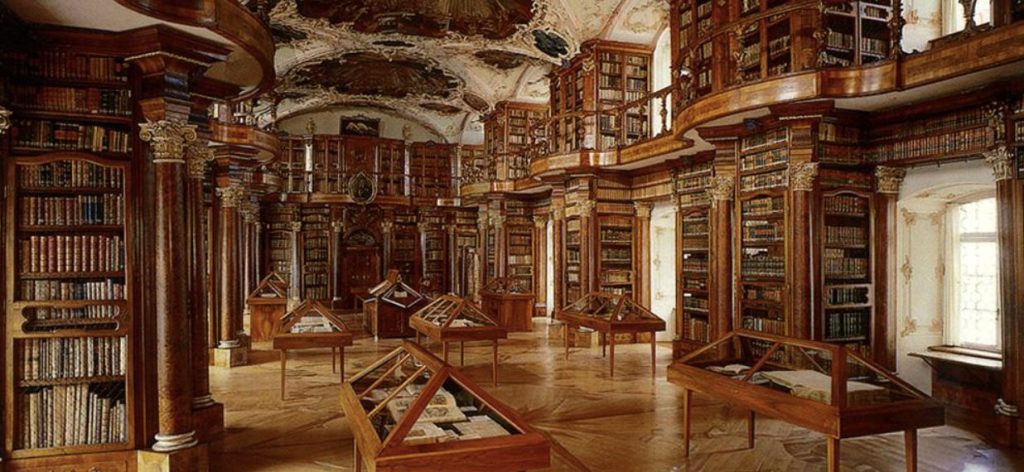
We drove for another hour and spent the evening wandering the streets of Konstanz, Germany, which is located on Lake Constance. The Rhine River flows through this stunning lake.
To be honest, we didn’t even realize we had crossed into Switzerland, then Liechtenstein, and back into Switzerland before reaching Germany in just a few hours. The only indication that we had entered different countries was messages from AT&T on our phones notifying us of a carrier change.
Lake Constance is a typical Swiss lake; on a sunny day, the blue sky and mountain reflections give it a serene appearance. This lake looks like the others I’ve seen in Switzerland – Lake Lugano, Lake Geneva, Lake Lucerne, and Lake Zurich. Switzerland is home to some of the most incredible lakes, shaped by the Alps. Driving through this part of the world is like driving through paradise. That’s why I keep coming back to Switzerland every year – I can’t get enough of its beauty.
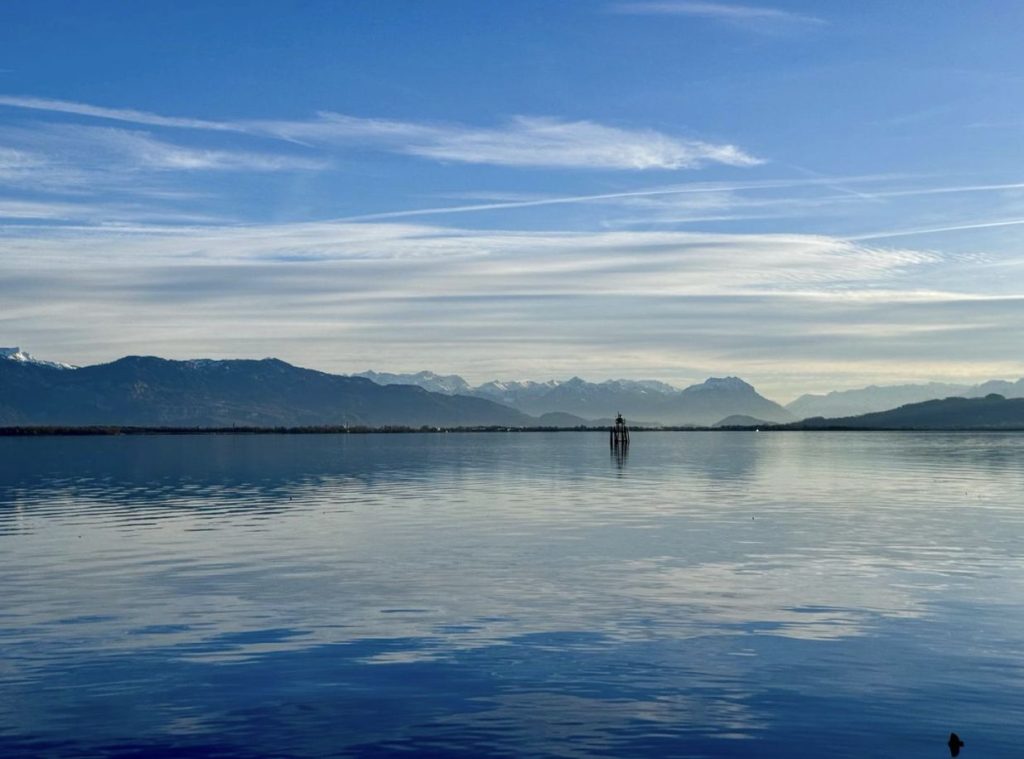
We finished our evening in a traditional German brewery with sausage and beer. The next day, we drove around Lake Constance and stopped by one of the most beautiful churches I’ve ever seen, Basilika Birnau.
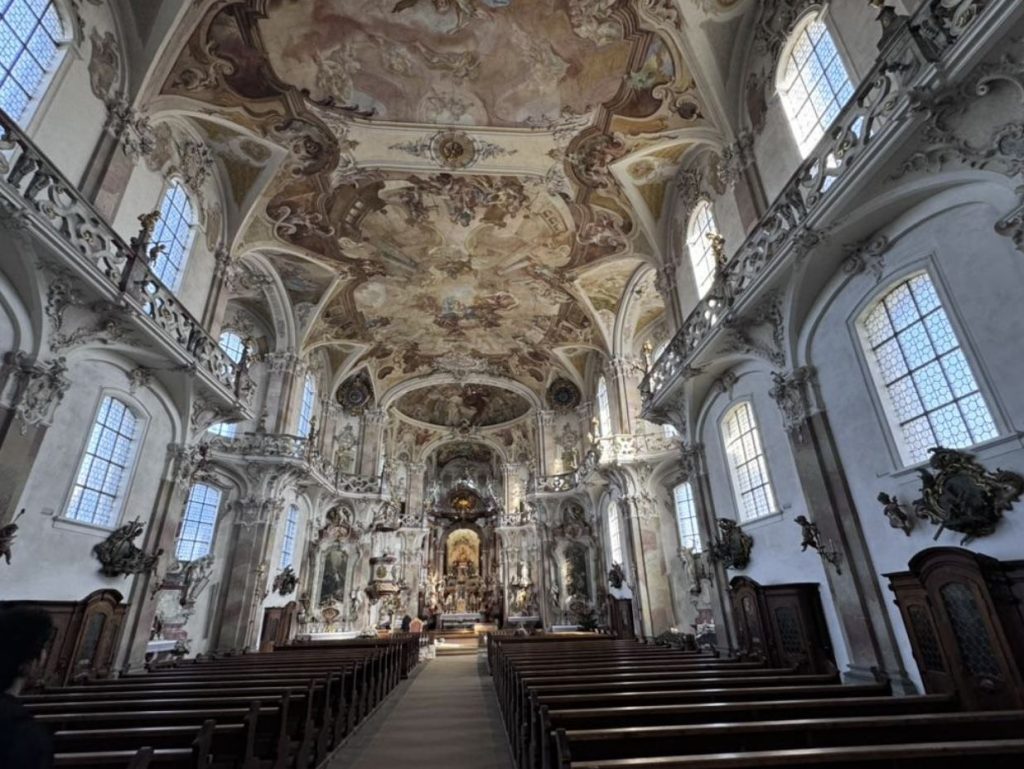
I cannot relate to church art; I increase my walking pace when I go through sections of art museums which show 250 ways Jesus was crucified. It just bores me. Until the Impressionists dared to paint nonreligious subjects in the mid-19th century, this is what a lot of art looked like – mostly religious scenes and portraits (a way for the nobility to see themselves from a third-person perspective – though mirrors have existed for centuries, their quality was very poor by today’s standards.). Despite all that, I still love visiting European churches. When you are in a church, the art on the wall turns into wallpaper that just adds color and depth to the building, which is a piece of art in itself.
Churches are built to make humans feel small; add organ music and incredible acoustics, and you will feel like an ant in awe of the universe. Some churches do a better job at this than others. Basilika Birnau definitely did this in spades.
We spent the rest of the afternoon in another German town, Lindau, where Nobel laureates have been gathering every year since 1951. It is not as famous as Davos – when the laureates gather, tables at the coffee shops do not fetch astronomical sums –but the visitors have probably contributed more to the world than the crowd in Davos.
Finally, we drove for about two hours to Zurich. Somewhere on our journey, for about twenty minutes, we crossed into Austria. We had dinner at my favorite restaurant in the world, Zeughauskeller – an old armory turned into a restaurant. It is anything but a fancy restaurant, serving mostly rustic German-Swiss food. Every time I’ve been there it has been full. You rarely get a private table, as someone may be seated next to you. Jonah, when he interned for Guy Spier a few years ago in Zurich, would go there for dinner just to strike up conversations with random strangers seated next to him.
The next morning, Jonah flew to Denver while Alex and I continued our journey to London. Alex’s daughter, Irene, lives in London and is an accomplished violist who graduated from the Royal College of Music, the best school in Europe and second only to Julliard in NYC. She performs at Les Misérables musicals a few times a month.
We had dinner with Irene and her musician friends, which was truly enlightening for me. I don’t often socialize with career musicians, who dedicate themselves to their art by practicing six to eight hours a day from childhood. Their perspective on the world was very new to me. I don’t believe I’ve ever had a long conversation with an adult who hadn’t taken at least one economics class before. It’s interesting to see how education and daily experiences shape one’s view of the world. I learned an important lesson from this conversation: Spend more time listening and asking questions, trying to understand others’ points of view, rather than volunteering or advocating my opinion.
The following day, Alex and I spent the majority of our time walking the streets and parks of London. We also visited the Science Museum. It was astonishing to see how quickly air travel has advanced over the years. The Wright Flyer of 1903 could fly at a speed of 35 miles per hour for a distance of 825 feet. Fast-forward a decade, and the Royal Aircraft Factory S.E.5 of 1913 could fly at a speed of 119 mph and cover 250 miles – a significant improvement!
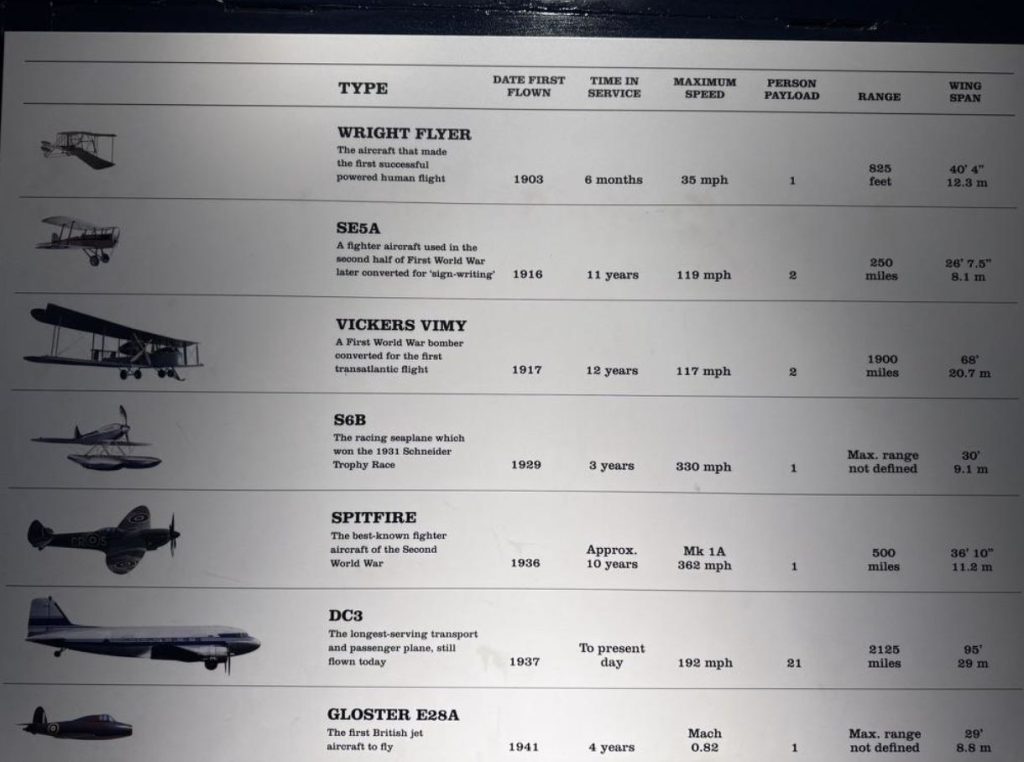
Once humans break old paradigms of thinking and apply their focus and energy, there is nothing we cannot achieve. I believe electric car batteries will experience something similar (though it won’t happen overnight).
Alex spent the evening with Irene, and I went to dinner with three good (value investing) friends. The conversation was more familiar and very different from the previous day’s, and four hours flew by in a New York second.
The next day, Alex left for Denver. I had three back-to-back meetings with other London friends, then took a three-hour train ride to Plymouth, in the southwest of England, which was the real destination of my UK trip.
One of our largest positions in the portfolio is Babcock, the second largest defense company in the UK. The company has been going through a significant transformation; it went from being an important UK security company to an even more important one (just look at what is happening in Eastern Europe, China, and the Red Sea) and is now much better managed.
The new management hosted an investor day. I could have watched the presentation from the comfort of my office in Denver, but attending these types of events in person gives you an opportunity to have one-on-one conversations with management and other investors. You’ll pick up details that you would not have by just watching it on the screen. One little example: I talked to a Babcock senior executive who had left a similar position at BAE Systems (the largest UK defense contractor and a very respected company in the UK, whose stock we also own). This kind of move is not common. This person saw that he could make a bigger difference at Babcock and liked the team he was joining. I probably would have missed this little data point if I had just read the Babcock annual report.
Also, we were promised a tour of Babcock’s shipyard, which is one of the largest in Europe. Global defense companies make up about a quarter of our portfolio, and I felt that the knowledge I would gain from this event would have broad implications for the rest of our portfolio. And it has.
As I look back on this trip, I see that every day brought a very different experience, often in a different country. There were hundreds of conversations with a very diverse set of people, from senior executives at a defense company to aspiring musicians to die-hard value investors, along with my long talks about life with my son and my brother. On these trips time slows down and you can pack a year’s worth of experiences into two weeks.
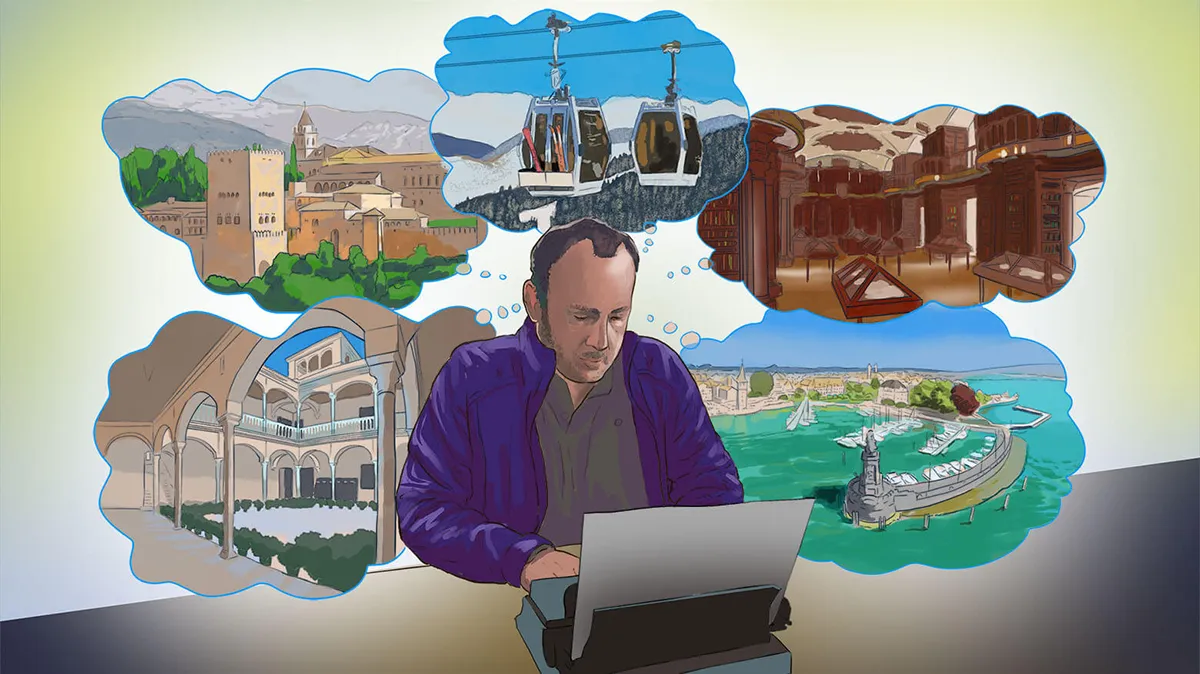
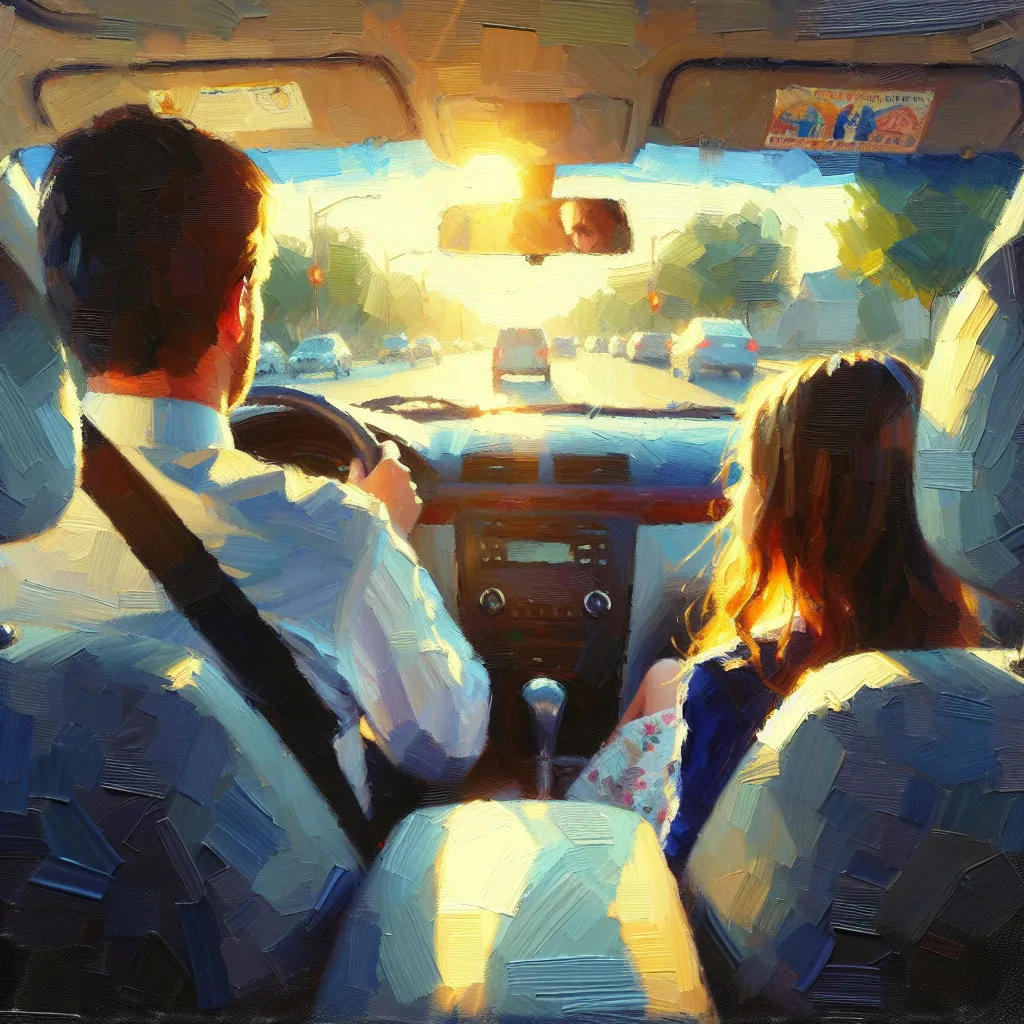
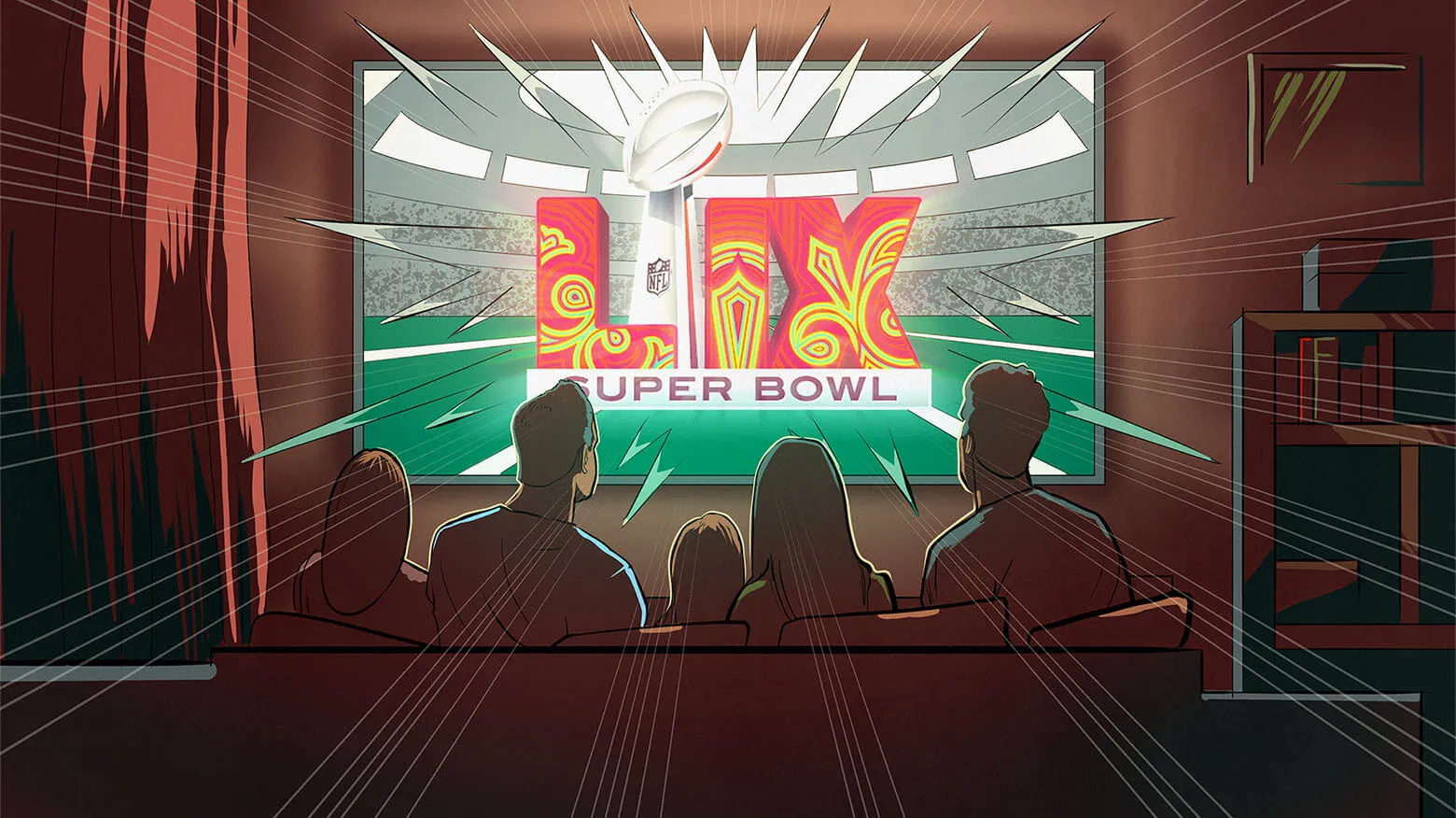
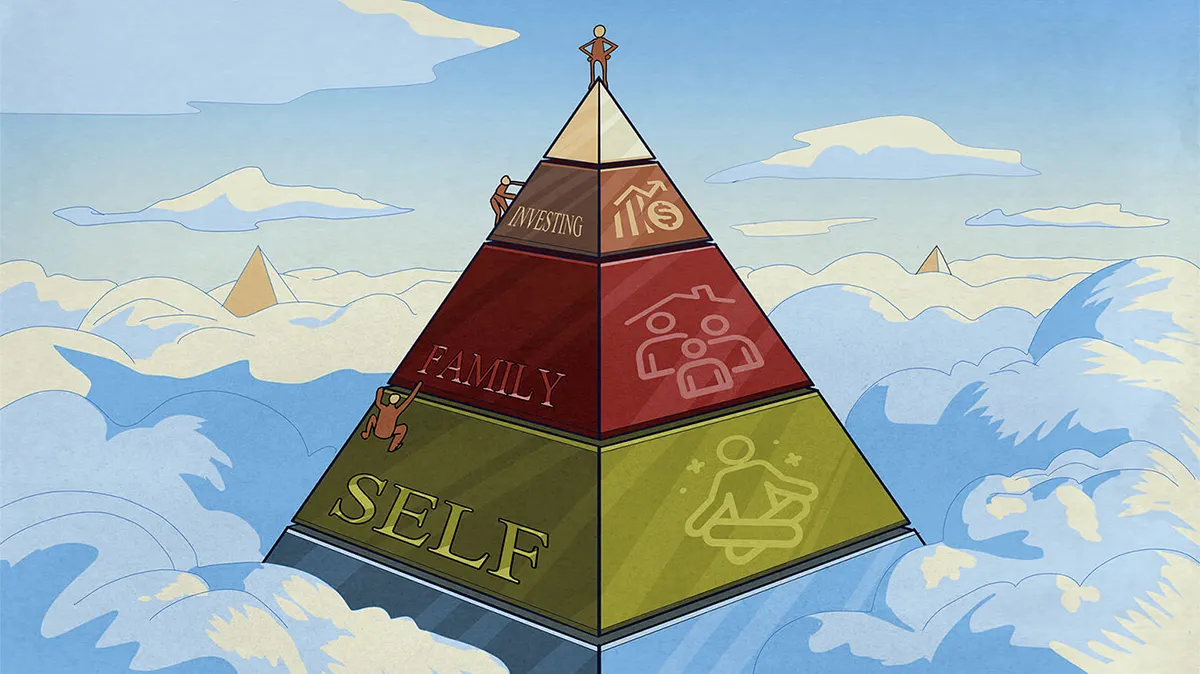
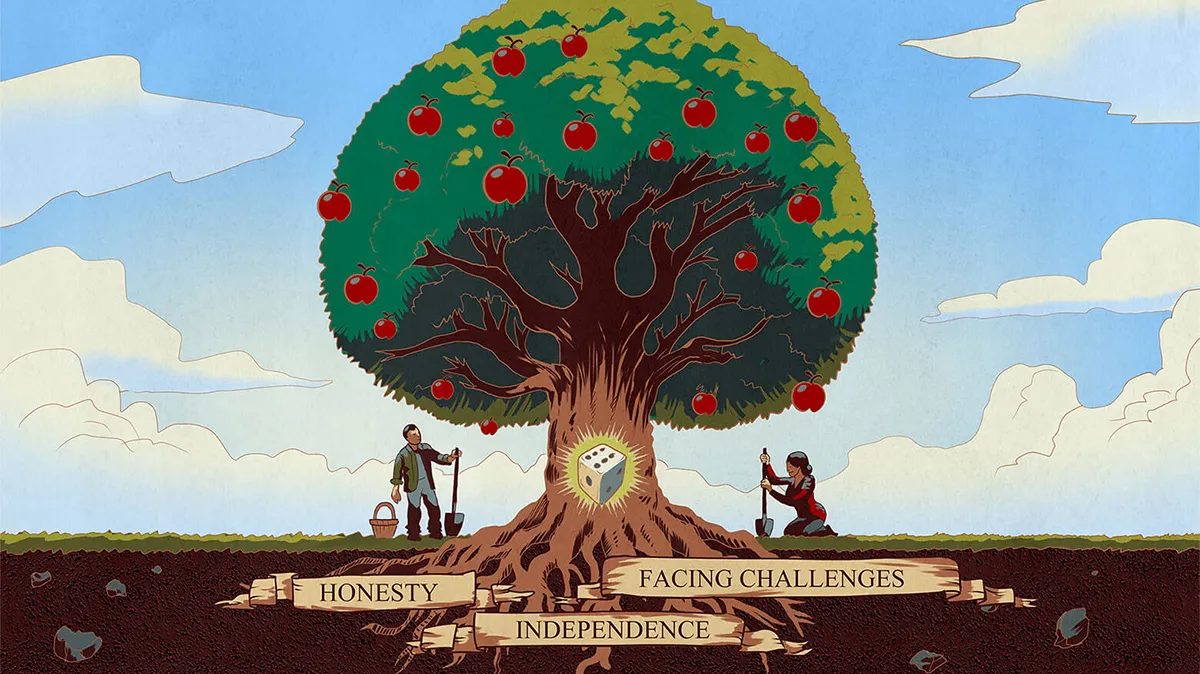




0 comments